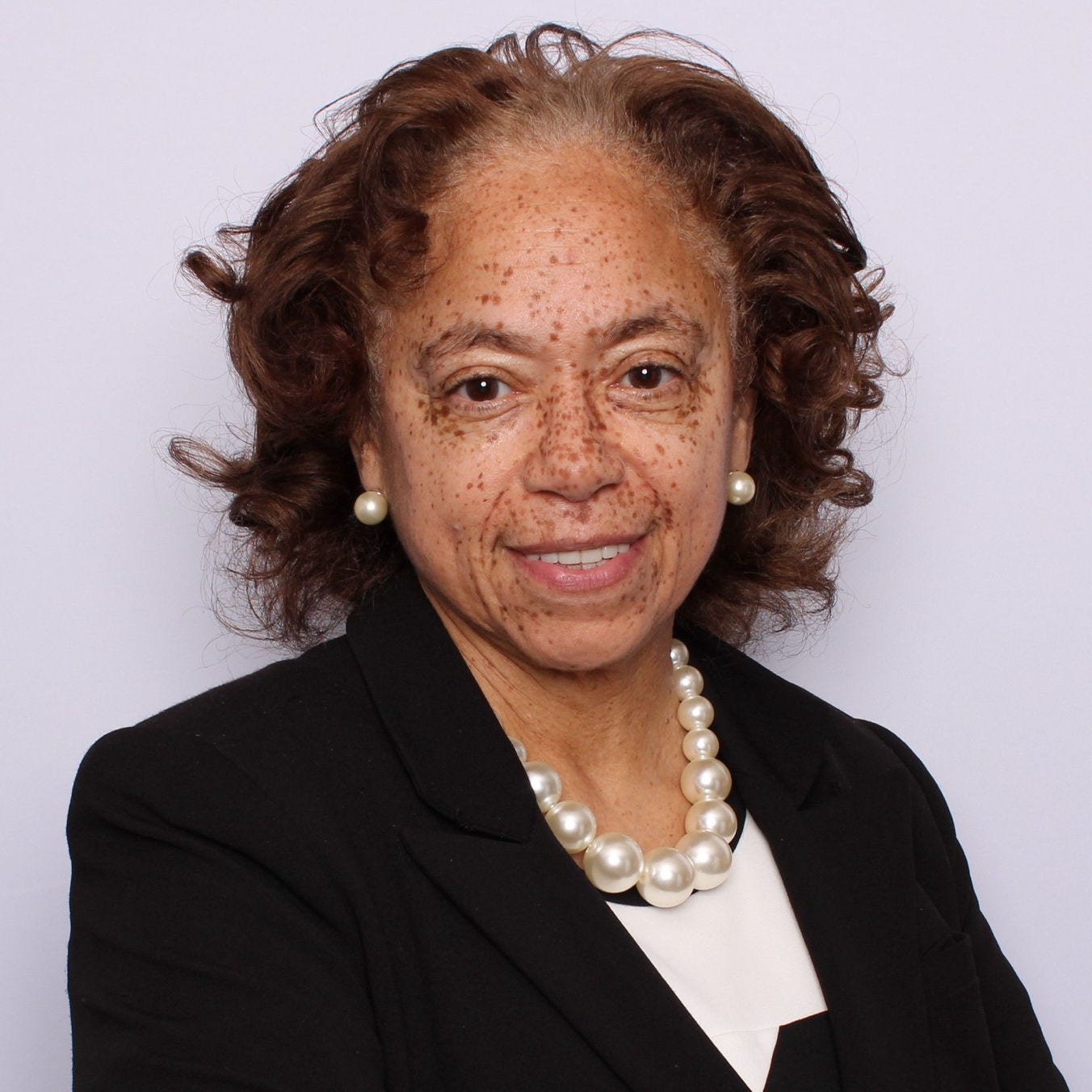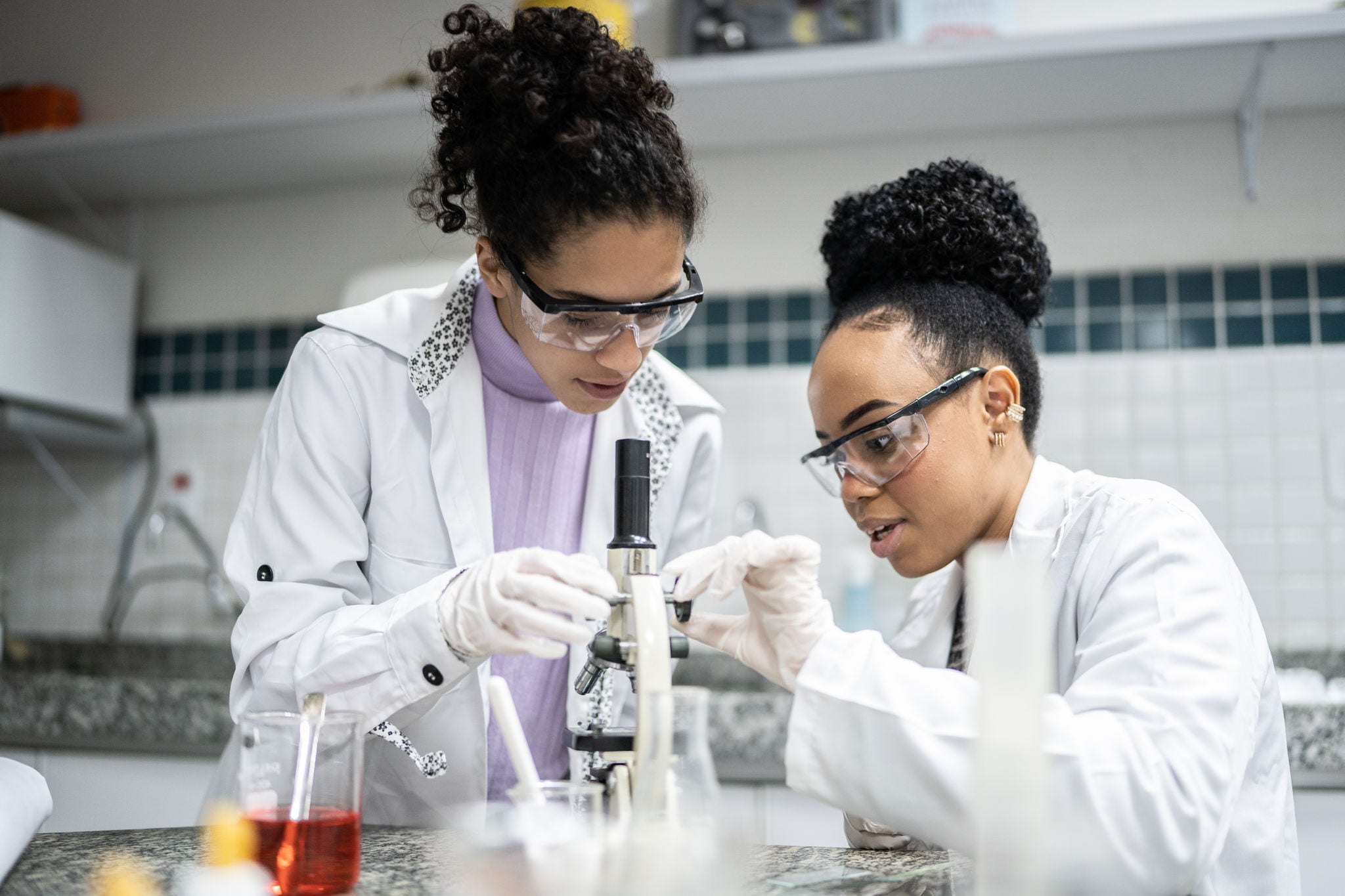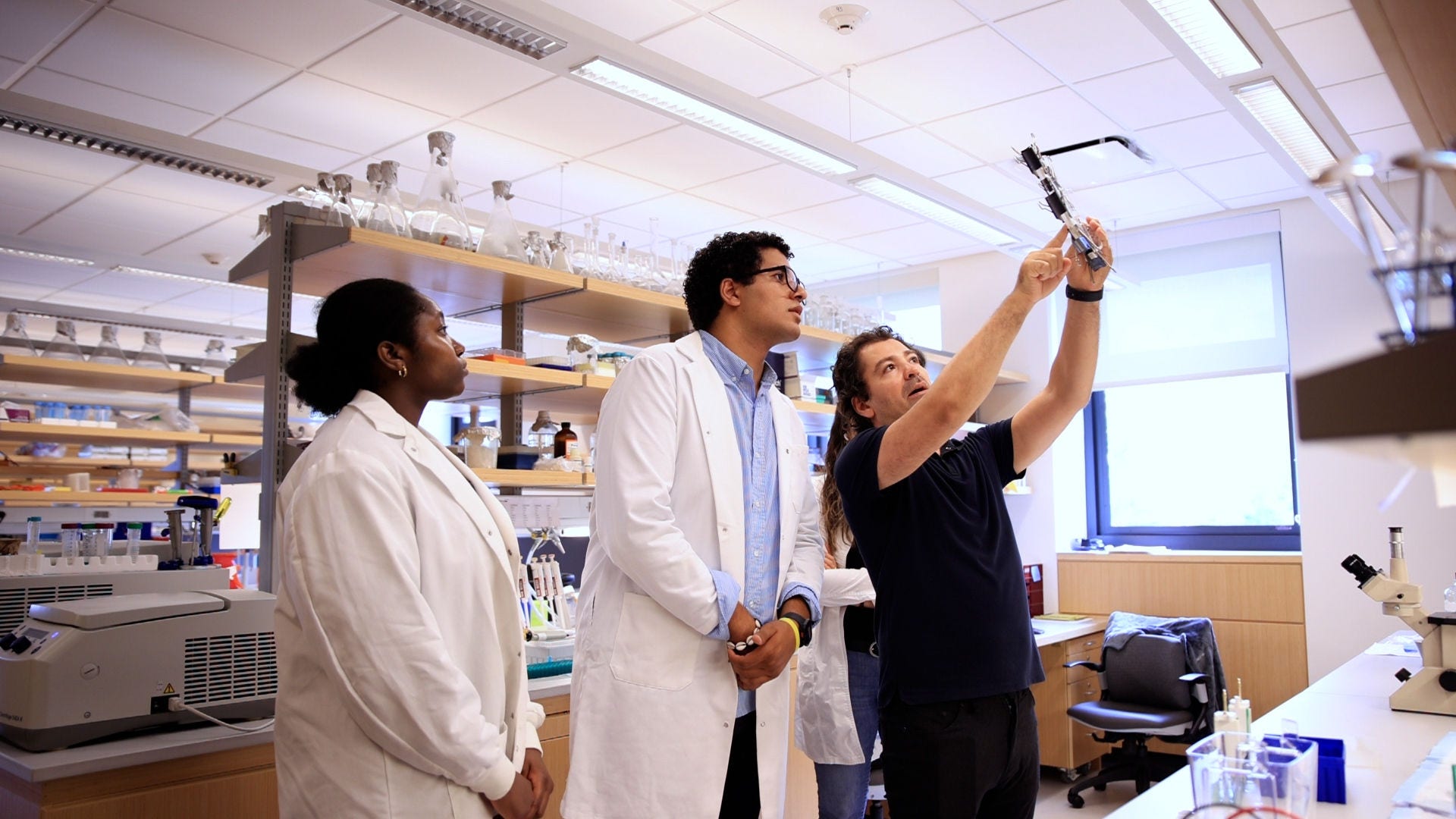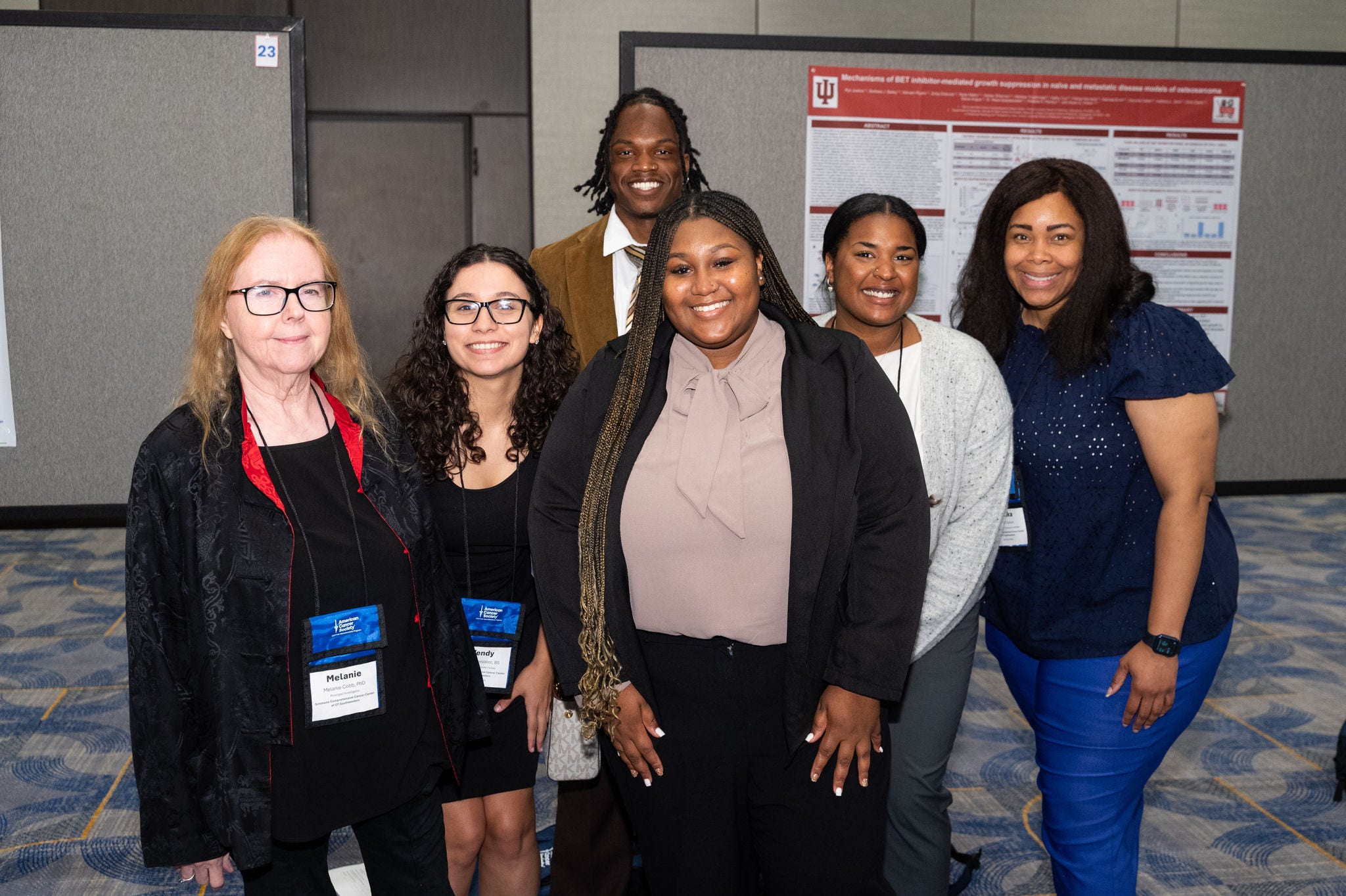Your gift is 100% tax deductible.
The ACS Center for Innovation in Cancer Research Training
We are thrilled to provide funding to institutions for implementing programs that give students the opportunity to gain firsthand exposure to cancer research. Our hope is that by experiencing research in action and working with research teams, students will persevere through their academic journey and realize they can become part of the future cancer workforce.”

Our Center Is Building a Pool of Applicants for Future Positions in Cancer Research
The American Cancer Society (ACS) Center for Innovation in Cancer Research Training (CICRT) supports the development of future cancer researchers and care professionals. This endeavor requires a multifaceted approach to attract high school students, college students, and post-baccalaureate individuals interested in mentored research training and career development for various scientific and healthcare roles.
Our funding supports programs at institutions engaged in innovative cancer research and that offer direct research experience to trainees under the guidance of established investigators. Trainees also participate in professional development and networking activities that provide them with the skills to navigate their academic journeys and future careers.
Since the cancer workforce involves many disciplines in science and healthcare, granted institutions should seek individual high school, college, and post-baccalaureate applicants with varied cancer research interests and career aspirations. Our intent is for institutions to select participants based on a combination of personal and academic experiences that signal the potential for individuals with limited exposure to the field to pursue a career in cancer or biomedical research.
Through these grant-funded programs, it is anticipated that the granted institutions provide access to cancer research training and career-development opportunities for aspiring cancer research and care professionals.
ACS CICRT Programs
Apply for an ACS CICRT Program
Students and graduates interested in participating in an ACS CICRT program need to apply to an institution that has an active program funded by the ACS.






